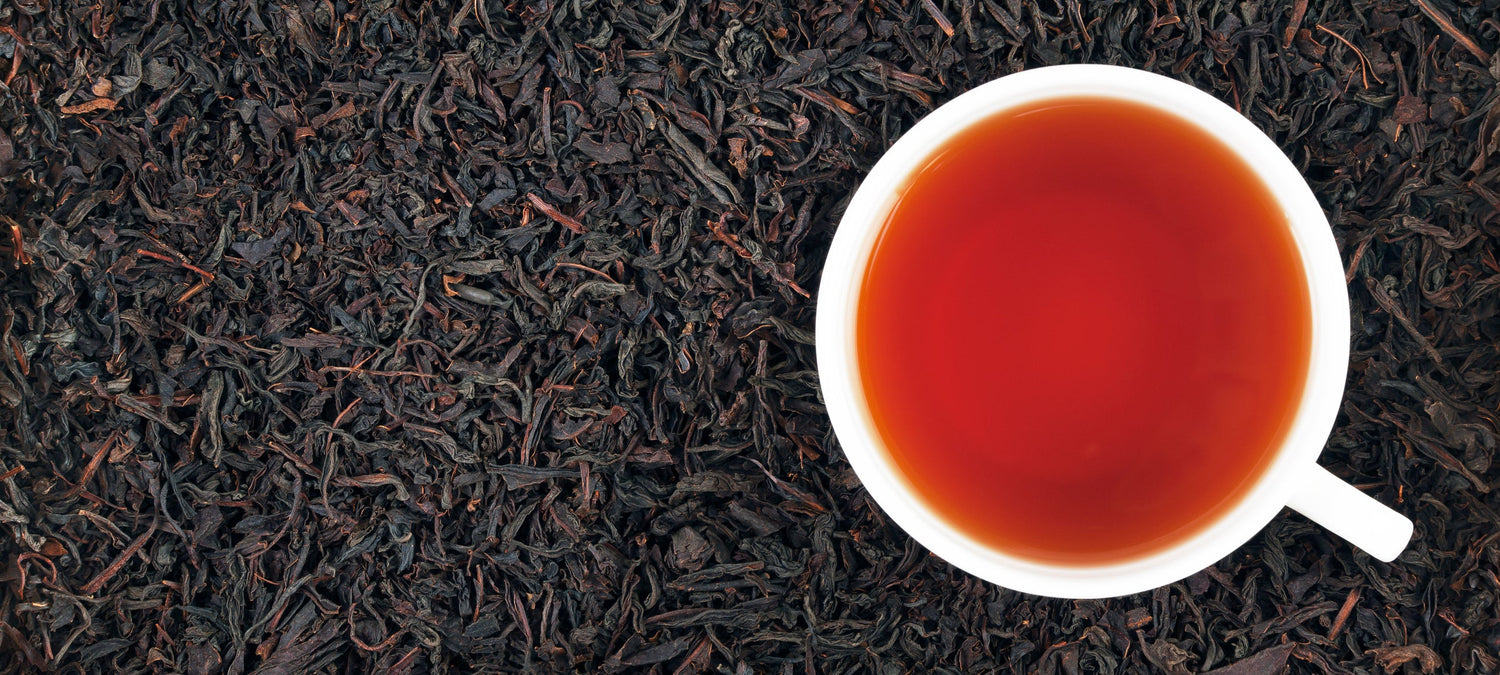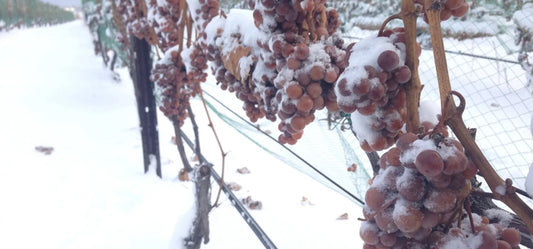Swiss Water Process: The Safest Way to Decaffeinate Your Coffee
Caffeine is a central nervous system stimulant. Its effects include alertness, increased energy, heart rate, blood pressure, and reflexes. However, too much caffeine can lead to jitteriness, anxiety, insomnia, and even cardiovascular issues. For that reason, many people choose to drink decaffeinated coffee. But how is coffee decaffeinated? And is one method better than the others? Today, we will look at the Swiss Water Process - the safest way to decaffeinate coffee.
How does the Swiss Water Process work?
For coffee lovers who are trying to cut back on caffeine, there's good news: you can now find coffee that's been decaffeinated using the Swiss Water Process. This process uses only water to extract caffeine, which is entirely chemical-free. This post will look closely at how this process works and why it's becoming increasingly popular among coffee drinkers.
The Swiss Water Process begins with what's known as "green coffee extract." This is made by soaking raw, unroasted coffee beans in water. This extract is then run through a filter that removes the caffeine. At this point, the flavored molecules that give coffee its taste and aroma are still present in the green coffee extract.
In addition to being chemical-free, the SWP is gentle on coffee beans resulting in less flavor loss creating a cup of coffee that tastes more like its caffeinated counterpart.
How much caffeine is in Swiss Water Decaf?
The Swiss Water Process removes 99.9% of a coffee's caffeine, but tiny amounts of the drug may remain in the finished product. These minute traces, on the other hand, are rarely enough to provide any sort of stimulant effect. This is because caffeine is water-soluble; thus, a small amount can remain in the beans even after decaffeinating. Nevertheless, Swiss Water Decaf is considered one of the most effective methods for removing caffeine from coffee, and it is often used by those sensitive to its effects.
Is Swiss Water safe?
The Swiss Water Process is a safe and effective way to remove caffeine from coffee beans. This process uses water to extract caffeine from the beans, leading to a coffee cup that is 99.9% caffeine-free. The Swiss Water Process is also gentle on the beans, preserving their flavor and quality. This makes it an ideal choice for those who want to enjoy decaf coffee without sacrificing taste or quality. In addition, the Swiss Water Process is environmentally friendly. Making it a good choice for those concerned about the impact of their coffee on the environment. The Swiss Water Process is a safe and sound choice for anyone looking for a healthy and delicious cup of decaf coffee.
The benefits of using the Swiss Water Process over other methods of decaffeination
The main difference between the Swiss Water Process and other decaffeination methods is that the former uses no chemicals. The Swiss Water Process employs a gentle, chemical-free decaffeination process that often imparts fruity flavors to the coffee. This "direct contact method" of decaffeination washes the coffee beans with water until the caffeine is removed. The water used in this process is then filtered and recirculated, leaving the coffee beans virtually chemical-free. Other decaffeination methods, such as methylene chloride or ethyl acetate, rely on chemical solvents to remove caffeine from coffee beans. These solvents can often leave traces of chemicals on the coffee beans, which may impart unwanted flavors to the final product. For coffee lovers who prefer a cup of coffee free from chemicals, the Swiss Water Process is the ideal decaffeination method.

How long do decaf coffee beans last?
Decaf coffee beans typically don't last as long as regular coffee beans. This is because decaffeination involves water and chemicals, which can cause the coffee to swell and change its physical structure. In addition, decaf coffee has higher levels of water activity, which means it is more susceptible to spoiling. However, some companies have refined their decaffeination process so that it does not alter the coffee's physical structure or water activity levels. As a result, these coffees have a longer shelf life.
Why is the Swiss Water Process becoming increasingly popular among coffee drinkers?
There are many reasons why the Swiss Water Process is becoming increasingly popular among coffee drinkers. For one, it is a chemical-free process that removes caffeine from coffee beans without using any harsh chemicals. This makes it an excellent choice for those who want to enjoy coffee without all the caffeine. Additionally, the SWP is environmentally friendly compared to other decaffeination methods. It uses less water and produces less waste, making it a more sustainable option. Thanks to its many benefits, it is no wonder the Swiss Water Process is growing in popularity.

If you're looking for a safe and effective way to decaffeinate your coffee, look no further than the Swiss Water Process. This unique process uses only water and time to remove 99.9% of a coffee's caffeine content, resulting in a cup of joe that is just as flavorful as its regular counterpart but without the jittery side effects. So next time you're in the mood for decaf, make sure to choose Swiss Water Process decaf Coffee!





